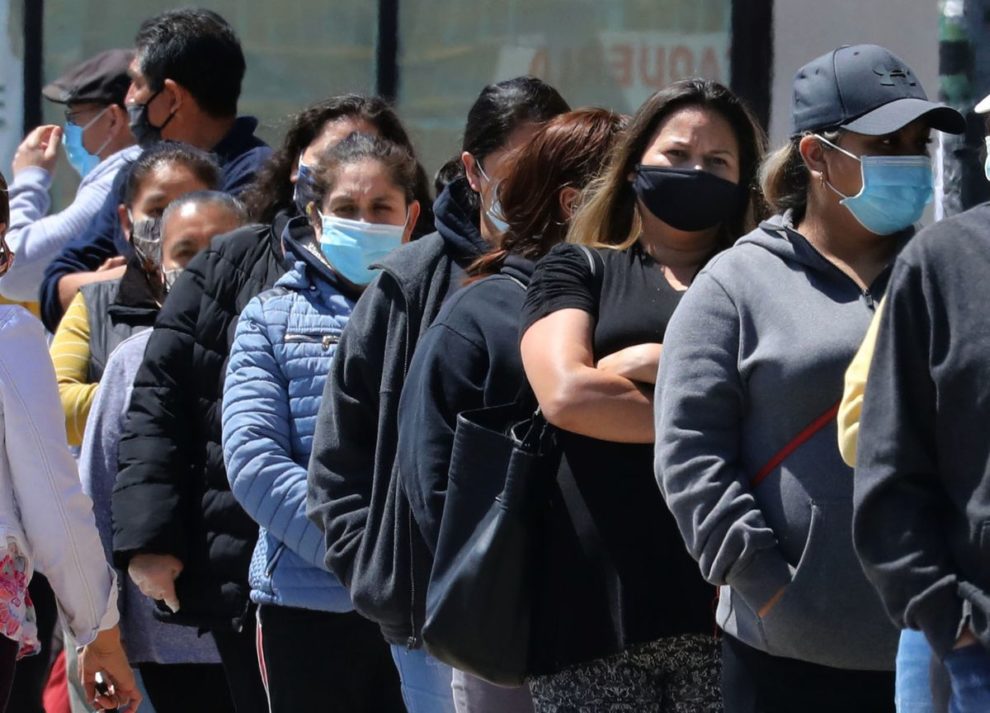We have already written about the mismanagement, lack of leadership and vulnerabilities present during this pandemic. This pervasive level of ambiguity allows individual’s minds to ponder reality in a miasma of seeming contradictions. Invariably, this leads to increased levels of anxiety by perpetuating increased uncertainty.
Some degree of anxiety would be considered adaptive and helpful because it facilitates our adjustment to new circumstances and uncertainties.
However, unbalanced and intense anxiety may have serious consequences both physically and emotionally. Often, this can worsen the outcome of the original problem. When worry turns excessive and develops into severe anxiety and panic, we may become frozen and ineffective, or unpredictable and violent.
Excessive fear and panic can lead to catastrophizing. Catastrophizing is when a person assumes that the worst will happen in any given situation. For example—“we are in an uncontrolled pandemic; everyone is going to die.” Though problematic in its extreme, it is a necessary adaptation. It is important to know and understand a “worst case” outcome, but it needs to be balanced by logic and probability.
One of the greatest challenges in managing anxiety is finding the optimal amount of alertness and improved executive function that results from a healthy or normal level of anxiety. Normal levels of anxiety lead to better attention, focus and problem solving. If you are somewhat anxious about a test or a meeting, a moderate level of anxiety may facilitate focusing on that task. However, if you are overly stressed, one tends to crash and burn.
Support Chicano/Latino Media. Subscribe For Only $1 Your First Month.
Excessive worrying forces you to overfocus on a single problem, thus blinding you to many other essential factors. This then does not allow one to look at one’s life in a balanced way. So, a certain amount of worry is good. A large amount is not. However, both are necessary for survival. To lead a functional life, one cannot disconnect from the worry.
When we are confronted with the fear and anxiety of something not understood such as COVID-19, people react in somewhat predictable ways. Human behaviors are rather predictable, and history is rife with examples of such.
Currently, there are circumstances that may lead to worsening our anxiety: spending an inordinate of time searching for “answers” on the internet and social media, confusing and inconsistent communication from community, state and national leaders, questioning of valid data from vetted sources such as the CDC, and worry about catching the virus and potentially dying.
Additionally, the social stress that occurs when some citizens who question data refused to do what is needed to slow the spread such as social distancing and most distinctly, mask wearing.
Excessive worrying can grow so intense that it becomes paralyzing. It may also grow into states of panic, and initiate cycles of depression and hopelessness. This is not just a risk for those facing mental health issues. This is a current reality for all of us.
We have lived the last decades without a significant existential threat. Therefore, we are all a bit out of sorts when something like COVID comes to town.
So, do what needs to be done to protect yourself, friends, family and your community. Be kind to one another. Use anxiety relieving techniques such as meditation and exercise. Limit your exposure to too much information. Seek vetted sources of information and think critically.
Most importantly, if it all gets to be too much, seek help. There are friends, family and health care professionals ready to serve. The pandemic will be with us for a sometime. Learning to cope while combating it, may be the best strategy yet.
Get Columns Like This In Your Inbox
To receive weekly updates like this in your inbox, subscribe to The Daily Chela newsletter here.












